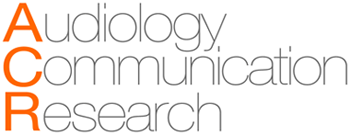ABSTRACT
Purpose Identify the prevalence of success in decannulation in adult tracheostomized patients and the sociodemographic, clinical and speech-language indicators predictive in the process.
Methods Retrospective, observational study with analysis of medical records of 189 hospitalized tracheostomized adult patients, from June 2014 to December 2016, comparing the sociodemographic, clinical and speech-language variables between the decannulated and non-decannulated groups through univariate and multivariate logistic analyses.
Results Success in decannulation was 42.8%. The proportion of females and males was similar in both groups, with lower mean age for the decannulated patients. The most frequently observed diseases in both groups were diabetes mellitus and neurological diseases. There was a greater proportion of decannulated patients among those who presented functional swallowing, absence of vocal disorders, spontaneous swallowing of saliva, higher levels of consciousness, oral feeding, negative Blue Dye test results, effective cough, ability to remove lung secretions, absence of abundant secretions, deflated cuff, replacement of plastic cannula with metal cannula, absence of active infections, and absence of oxygen therapy. Multivariate analysis revealed the following variables as associated with success in decannulation: absence of abundant secretions, ability to remove lung secretions, and tracheostomy-tube occlusion time.
Conclusion Decannulation occurred in 42.8% of the hospitalized adult patients and the indicators predictive of success in this process were associated with pulmonary secretion and stomal occlusion capacity, keeping the upper airway open.
Keywords: Tracheostomy; Cannula; Deglutition disorders; Cough; Speech, Language and hearing sciences

 Decannulation: sociodemographic, clinical and speech-language indicators predictive of success
Decannulation: sociodemographic, clinical and speech-language indicators predictive of success